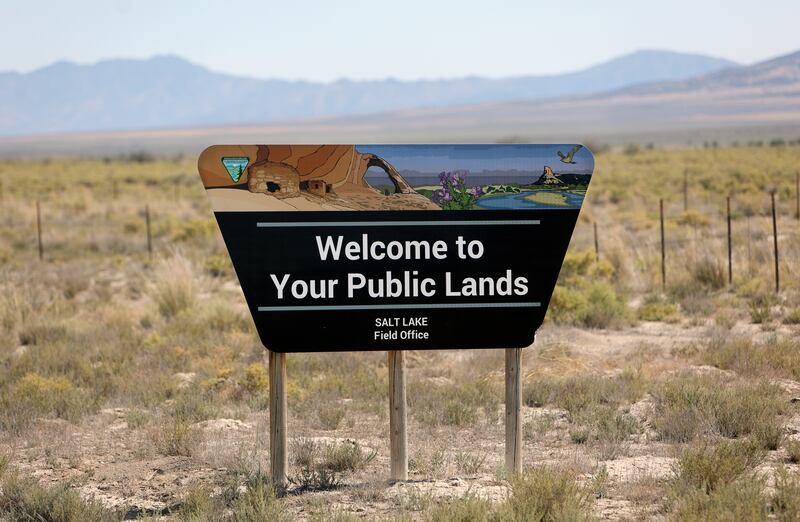
A Utah state judge has dismissed a lawsuit from the Southern Utah Wilderness Alliance (SUWA) aimed at preventing the state from pursuing legal action against the federal government regarding public land ownership. On October 12, 2023, Judge Thaddeus J. May ruled that the case was moot, as there was no ongoing litigation that warranted intervention.
Judge May stated, “Because the Supreme Court denied defendants’ motion for leave to file a bill of complaint, there is no longer a concrete act plaintiff seeks to stop.” He further noted that the defendants’ future intentions were too vague to warrant legal action at this time. In response to the ruling, Utah Attorney General Derek Brown expressed satisfaction, stating, “Our office will continue to vigorously defend Utah and protect Utah’s public lands.”
Background of the Legal Dispute
The lawsuit stemmed from the highly publicized case of Utah v. the United States of America, filed in 2022. In this case, the state claimed that approximately 18.5 million acres of federally owned land were not being utilized effectively and should be managed by the state. During this period, Utah launched a marketing campaign titled “Stand for Our Land,” spending millions of taxpayer dollars to support its claims.
The campaign aimed to challenge the constitutionality of the federal government’s authority to retain unappropriated lands indefinitely within state boundaries. Currently, nearly 70% of Utah’s land is federally owned, a situation that state leaders argue is unfair when compared to other states that have been allowed to manage their own lands.
Historically, the ability for states to manage their territories was part of negotiations during the establishment of statehood, as early as the Continental Congress. However, the Property Clause of the U.S. Constitution grants Congress the sole authority over federal land management.
Reactions and Future Considerations
Following the Supreme Court’s denial to hear Utah’s case in January 2023, SUWA amended its complaint to seek protection against any similar future lawsuits from the state. Judge May dismissed this request, emphasizing that legal actions must be based on substantive issues, not hypothetical scenarios. He stated, “A party cannot gain jurisdiction through prayers for relief seeking shelter from an unknown future storm.”
Despite the ruling, SUWA’s legal director, Steven Bloch, expressed disappointment, arguing that the state’s lawsuit aimed to facilitate the sale of public lands rather than genuinely seeking to manage them. Bloch commented, “We’re grateful that the true intent of the state’s lawsuit has been made clear: to force the sale of millions of acres of public lands to the highest bidder.”
In prior arguments, SUWA contended that Utah’s state constitution prohibits the state from claiming ownership over federal lands. Utah’s assistant attorney general, Lance Sorenson, clarified that the lawsuit was not necessarily about transferring ownership, stating, “It’s all that’s speculative, and in the future.”
Looking ahead, both Governor Spencer Cox and Attorney General Brown have indicated that they are considering other legal avenues, including potentially refiling their lawsuit in federal court. Brown emphasized, “Utah is actively exploring every available avenue to challenge the assumption that the federal government can indefinitely hold onto public lands without designating them for a purpose.”
As Utah navigates this complex legal landscape, the debate over land ownership and management continues to resonate, raising questions about the future of public lands in the state and the broader implications for federal versus state authority.






